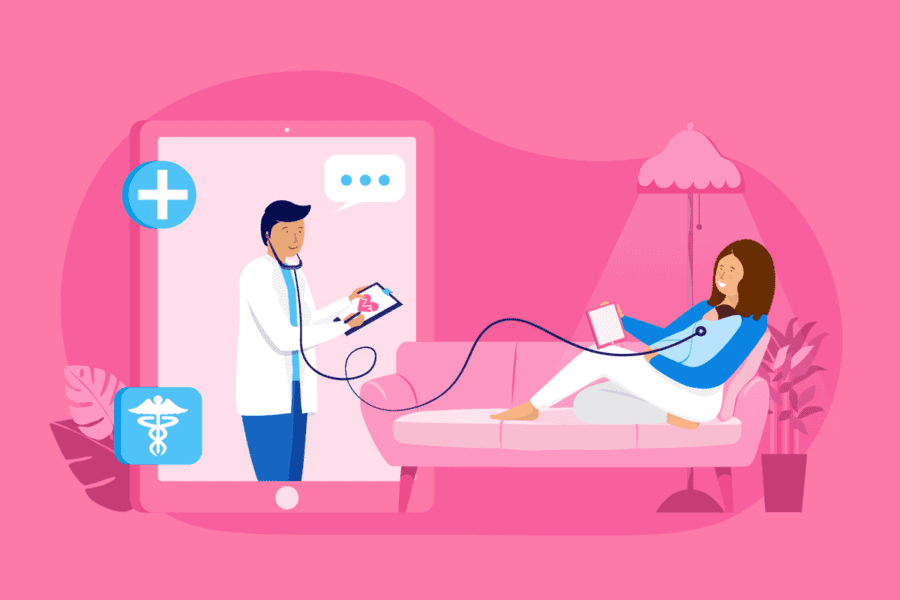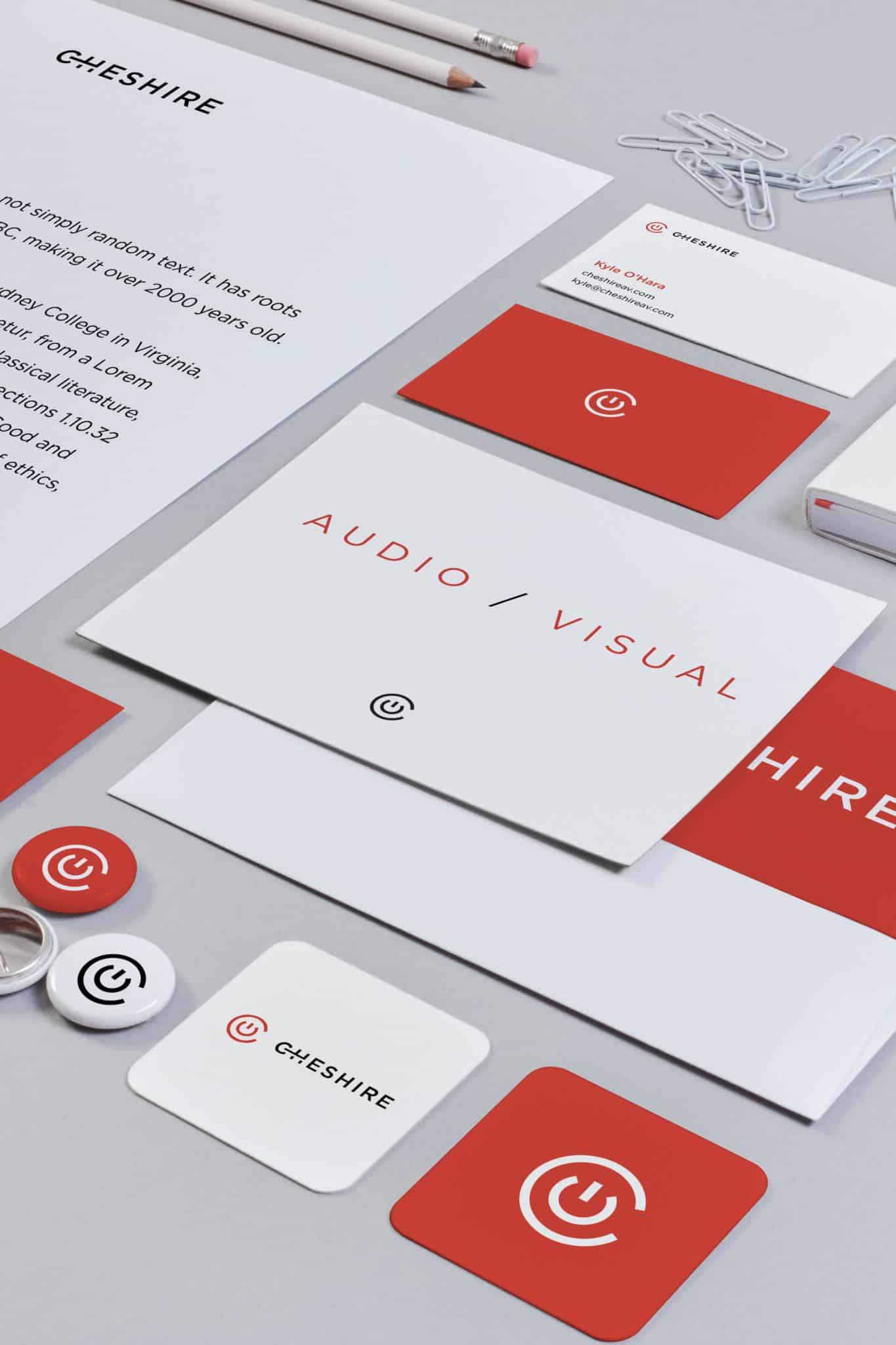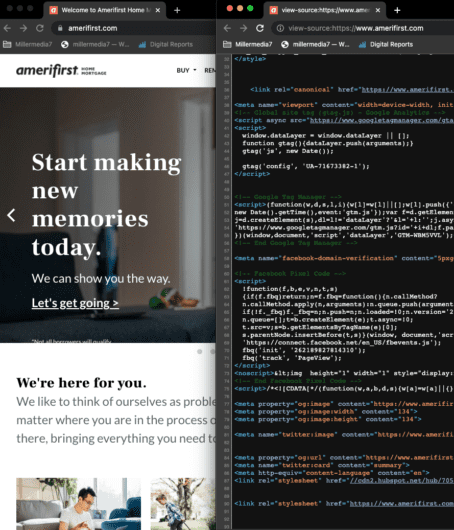The healthcare industry is rapidly evolving, driven by groundbreaking technologies that aim to improve patient care, enhance efficiency, and make treatments more accessible. From artificial intelligence (AI) to wearable devices and personalized medicine, these innovations are shaping the future of medicine. Let’s explore the key healthcare technology trends that are transforming the industry.
The U.S. healthcare IT market is growing rapidly, with the national healthcare industry's value projected to reach $6 trillion by 2026. This growth presents countless opportunities for innovation. By adopting new medical technologies, you can boost business performance, improve staff efficiency, achieve better financial outcomes, and enhance the patient care experience. It’s never too late to prepare for the future of healthcare.
Artificial Intelligence in Medical Diagnostics
AI is revolutionizing how doctors diagnose and treat diseases. Machine learning algorithms can analyze vast amounts of data to detect diseases in their early stages, often with more accuracy than traditional methods. For example, AI can identify early signs of cancer or heart disease by analyzing patterns in medical records and test results.
In radiology and imaging, AI-assisted tools are helping doctors interpret X-rays, MRIs, and CT scans more quickly and accurately. These tools act as a second set of eyes, reducing errors and speeding up the diagnosis process.

AI is also advancing diagnostics in pathology. Digital pathology platforms powered by AI can analyze tissue samples more rapidly, helping pathologists identify diseases such as cancer or autoimmune disorders with greater precision.
In ophthalmology, AI tools detect eye conditions like diabetic retinopathy and macular degeneration from retinal scans. These systems have shown remarkable accuracy, often comparable to expert ophthalmologists.
Moreover, AI is improving genetic testing by analyzing DNA sequences to identify genetic markers for diseases, allowing for more targeted and personalized treatments.
With AI, healthcare providers can make faster decisions, improving patient outcomes.
Robotic-Assisted Surgeries
Robotic-assisted surgeries are another healthcare technology trend. Systems like the da Vinci Surgical System allow surgeons to perform minimally invasive procedures with exceptional accuracy, using robotic arms to navigate tight spaces and reduce trauma to surrounding tissues.

One of the key benefits of robotic-assisted surgeries is the ability to perform complex operations through tiny incisions. This reduces the trauma to surrounding tissues, leading to less pain, fewer complications, and quicker recovery times for patients. For example, robotic surgery is widely used in procedures like prostatectomies, heart valve repairs, and hysterectomies.
Another significant advantage is improved access to hard-to-reach areas of the body. Robotic systems are equipped with highly flexible tools that can navigate tight spaces, enabling procedures that might be too difficult or risky using conventional techniques.
As robotic technologies advance, they promise to make surgeries safer, less invasive, and more efficient, transforming the future of surgical care and improving outcomes for patients worldwide.
Advanced Prosthetic Arms
Modern prosthetic arms have revolutionized mobility and independence for individuals with limb loss. Advanced prosthetics now incorporate myoelectric technology, which uses muscle signals to control movements, allowing users to perform tasks like gripping, lifting, and even delicate motions with remarkable precision.
Some prosthetic arms are equipped with sensors and AI, enabling more intuitive control and better adaptability to different tasks. Innovations like 3D printing have also made custom prosthetics more affordable and accessible, tailoring devices to individual needs for maximum comfort and functionality. These advancements are transforming the quality of life for users, making modern prosthetics not just functional but truly life-enhancing tools.
Telemedicine and Remote Patient Monitoring
Telemedicine has become a vital part of modern healthcare, especially after the pandemic. Virtual consultations allow patients to connect with doctors from the comfort of their homes, breaking down barriers like distance and time. This makes healthcare more accessible, particularly for people in rural or underserved areas.
Wearable devices like smartwatches and fitness trackers are taking remote monitoring to the next level. These gadgets can continuously track heart rate, sleep patterns, and other vital signs, sending real-time data to healthcare providers. This helps doctors keep an eye on chronic conditions and intervene before problems worsen.
Apple Watch's Life-Saving Alert
In 2022, David Last, a 54-year-old from the UK, experienced a life-threatening condition where his heart stopped 138 times over 48 hours. His Apple Watch detected the irregular heart activity and alerted him, prompting immediate medical attention.

Doctors discovered he had a third-degree heart block, a serious condition that can lead to sudden cardiac arrest. Thanks to the timely alert from his Apple Watch, David received the necessary treatment, including the implantation of a pacemaker, ultimately saving his life.
This incident highlights the critical role wearable technology can play in monitoring health and providing timely warnings, allowing for swift medical interventions that can be life-saving.
For a deeper understanding of how the Apple Watch's heart monitoring features have impacted users' lives, you can watch the following video:
Telemedicine and remote patient monitoring are transforming healthcare delivery, making it more accessible, efficient, and patient-centered. By enabling virtual consultations and continuous health tracking through wearable devices, these technologies bridge the gap between patients and healthcare providers, especially those in remote or underserved areas.
Personalized Medicine and Genomics
Personalized medicine involves tailoring treatments to individual patients based on their unique genetic profiles. Thanks to advances in genomics, doctors can now predict how a patient might respond to specific medications, leading to more effective treatments and fewer side effects.
Breakthroughs in CRISPR gene editing technology are opening new doors in treating genetic disorders. By modifying faulty genes, CRISPR holds the potential to cure inherited diseases like sickle cell anemia or cystic fibrosis. This level of precision is transforming how we think about healthcare.
In 2019, Victoria Gray became the first U.S. patient treated with CRISPR for sickle cell disease. Doctors edited her DNA using the technology, enabling her cells to produce healthier fetal hemoglobin and alleviate symptoms.
Since the treatment, she has seen a dramatic improvement in her quality of life, with no painful crises or hospitalizations. This breakthrough highlights CRISPR’s potential to cure genetic disorders and transform personalized medicine.
Revenue Cycle Management (RCM) Technology in Healthcare
Efficient revenue cycle management (RCM) is critical for healthcare providers to maintain financial stability while delivering quality care. Advanced technologies like AI, machine learning, and blockchain are transforming how healthcare organizations manage billing, payments, and financial transactions, making the entire process smoother and more transparent.
Digital Marketing: Case Study
Client: Revenue Cycle Management (RCM), Electronic Health Records (EHR) and Financial Outsourcing
Overview: We helped a healthcare technology company transform their marketing strategy by developing an analytics dashboard, optimizing SEO, and taking over paid media.
Problem: The client was having a difficult time identifying which qualified leads were coming from marketing efforts, preventing them from fully understanding their ROI.
Process: Through implementing detailed event conversions, overall tracking efforts improved. This was noticeable in the custom-built performance dashboard used to analyze data and develop actionable plans. As a result of this improvement, we took over SEO efforts. This included performing an audit of key metrics and identifying opportunities.
Results: Following these efforts, we noticed a dramatic increase in page 1 keywords on search engine results, a 340% increase in web traffic and a 175% increase in MQLs.
AI-Powered Claims Processing and Denial Management
AI is revolutionizing claims processing by automating complex tasks, such as verifying patient information, insurance coverage, and medical codes. This reduces errors that often lead to claim denials.
When claims are denied, AI tools can quickly identify the reasons, recommend corrections, and even automatically resubmit claims. This speeds up the process and ensures providers get paid faster.
Predictive Analytics for Improving Cash Flow
Predictive analytics helps healthcare organizations forecast cash flow and spot potential financial challenges before they arise. By analyzing historical payment data and patient trends, predictive models can identify patterns, such as which claims are more likely to be delayed or denied. This allows providers to address issues proactively, improving their financial health and ensuring steady cash flow.
Automated Patient Billing and Payment Systems
Automation is making patient billing and payments easier and more transparent. Patients receive clear, itemized bills, and automated reminders about upcoming payments. Online payment portals allow them to pay conveniently, reducing administrative burdens for healthcare providers. This seamless process improves the patient experience and helps providers collect payments faster.
Integration of RCM with Electronic Health Records (EHR)
Integrating RCM with EHR systems creates a unified platform that connects clinical and financial data. For example, when a patient visits a provider, their clinical records and billing information are automatically updated in the system. This integration reduces manual work, eliminates duplicate data entry, and ensures more accurate billing, saving time and resources for healthcare staff.
Blockchain for Secure and Transparent Financial Transactions
Blockchain technology is bringing greater security and transparency to healthcare financial transactions. Blockchain ensures that payment records are accurate and safe by using decentralized, secure records that can't be changed. This reduces fraud and makes tracking every step of a transaction easier, building trust between providers, patients, and insurers.
Machine Learning for Identifying and Preventing Fraud
Fraud prevention is another area where technology is making a big impact. Machine learning algorithms analyze large volumes of transaction data to detect unusual patterns or behaviors that might indicate fraudulent activity.
For example, if a billing code is used more frequently than expected, the system can flag it for review. This helps healthcare organizations safeguard their revenue and protect against losses.
Patient Engagement Tools for Improving Collections
Patient engagement tools, such as mobile apps and online portals, make it easier for patients to manage their payments and financial interactions with healthcare providers. These tools allow patients to view their bills, set up payment plans, and ask questions in real time. By creating a more user-friendly experience, these tools encourage timely payments and reduce overdue balances.
The Future of RCM in Healthcare
As RCM technology continues to evolve, healthcare providers will benefit from faster payments, reduced errors, and greater transparency. By using tools like AI, blockchain, and predictive analytics, organizations can optimize their financial processes, improve patient satisfaction, and focus more resources on delivering exceptional care. These advancements are not just about efficiency—they’re about building a sustainable and patient-centered future for healthcare.
Conclusion
Healthcare technology is advancing incredibly, with innovations like AI, telemedicine, personalized medicine, and advanced financial tools reshaping the industry. These trends improve care delivery and make healthcare more efficient and accessible. As we move forward, adopting these technologies will be key to providing better patient outcomes and ensuring the future of medicine is brighter for everyone.
M7 empowers healthcare companies to embrace innovation and enhance their digital presence. From creating engaging, patient-focused content to implementing advanced analytics and marketing strategies, we help healthcare providers thrive in an evolving landscape. Partner with us to stay ahead in the future of healthcare technology.













